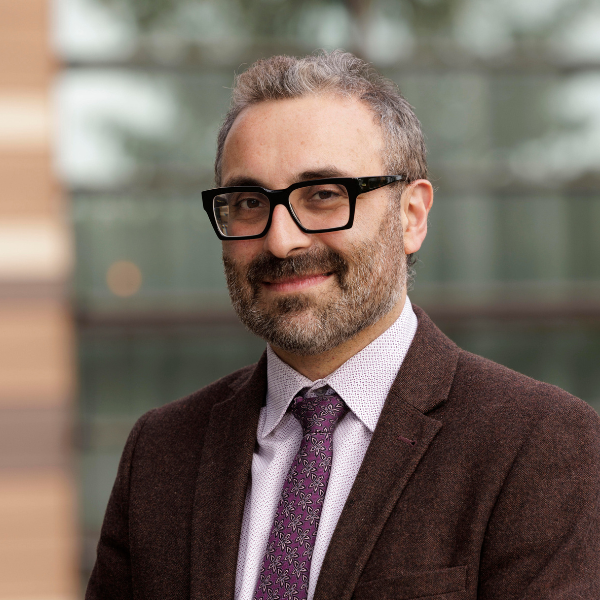
This is particularly true for children who experience social care. The inequalities they face aren’t limited to their childhood experiences, but extend into adulthood, the labour market and education.
I am hopeful that the government’s recent announcement of its review into children’s social care will go some way to helping overcome these many and varied challenges. As the Director of a What Works Centre, I was particularly pleased to see the review’s terms of reference include a requirement to ‘build on what we know and take an evidence-based approach’.
TASO is similarly trying to build on what we know about supporting care-experienced learners to access and succeed in higher education and bring together the best evidence to help the sector chart a course forward.
We know that young people who have been in care are less likely to attend higher education. Department for Education data shows that in 2018-19 only 13 per cent of pupils who were looked after continuously for 12 months or more entered higher education by age 19, compared with 43 per cent of all other pupils.
While all universities and colleges must consider equality gaps in higher education for care-experienced learners in their access and participation plans, TASO is responsible for helping the sector to understand which approaches are most likely to help close those gaps. We are currently being funded by the OfS to help universities and colleges evaluate initiatives designed to reduce equality gaps, and to generate more impact evidence. Our first step in this process is to understand the current evidence base to identify gaps that need to be filled.
Care-experienced learners: the evidence
TASO has released a review of the evidence base on supporting learners with experience of children’s social care to access and succeed in higher education. The review – which consisted of a literature review and interviews with experts from a number of sectors – found that very few studies have robustly evaluated the efficacy of activities targeted at individuals with experience of children’s social care in the UK. This means we don’t really know if these activities are having their desired impact.
The lack of consistent definitions and data linkage between local authorities, schools and higher education providers hinders researchers and practitioners from evaluating and understanding the longitudinal impact of widening participation activities on care-experienced learners.
Promising approaches: virtual schools and early intervention
The report identifies some evidence for potentially promising approaches. One such area of activity for pre-16 intervention is the involvement of ‘virtual schools’. A virtual school is a group of education and social care professionals within a local authority who advocate for care-experienced young people and seek to ensure they are supported within the educational system to achieve and succeed.
In the studies on virtual schools, we found positive correlational evidence of their impact in enabling local authorities to promote educational attainment for learners with experience of social care. However, the varied nature of virtual schools across different local authorities makes it difficult to attribute positive impact on educational outcomes specifically to the activities of the virtual school.
Another area with limited but promising evidence is early intervention. Particularly early interventions that lead to close collaborations between children’s social care services, educational providers and pastoral/social networks.
Where to from here?
This group of young people deserve the same chance of attending higher education as any other person. To make this happen, our research suggests a need for improved communication and collaboration between higher education providers, local authorities and virtual schools in their respective work.
Our research also identified a need for more holistic approaches to tackling inequalities and acknowledging overlapping barriers between student groups. This includes providers ensuring that staff and activities that support mature learners are better linked up with support for care-experienced learners, and vice versa. Care-experienced learners are less likely to enter higher education at 18. This means they often experience additional challenges that come with being mature students.
Government and its agencies have a role to play as well. Working with the Department for Education, the OfS and other agencies can facilitate a more inclusive and consistent understanding of definitions, and help bring about better tracking of care-experienced individuals and their outcomes between school, college and higher education.
We also need to listen and learn from care-experienced learners themselves and incorporate their voices in the conception, dissemination and interpretation of research projects.
As demonstrated by the launch of the government’s review into children’s social care, we still need better evidence on how to improve outcomes for this group of young people. TASO’s review uncovers part of that evidence in one area, namely higher education. Given that we’ve found evidence for the success of early interventions, we await the findings of the wider review with great interest and will link those findings to interventions in higher education.
We can work with higher education providers to make this group a greater priority when it comes to access and participation and improving student outcomes, but this must be rooted within wider measures to tackle one of Britain’s deepest and most persistent inequalities.